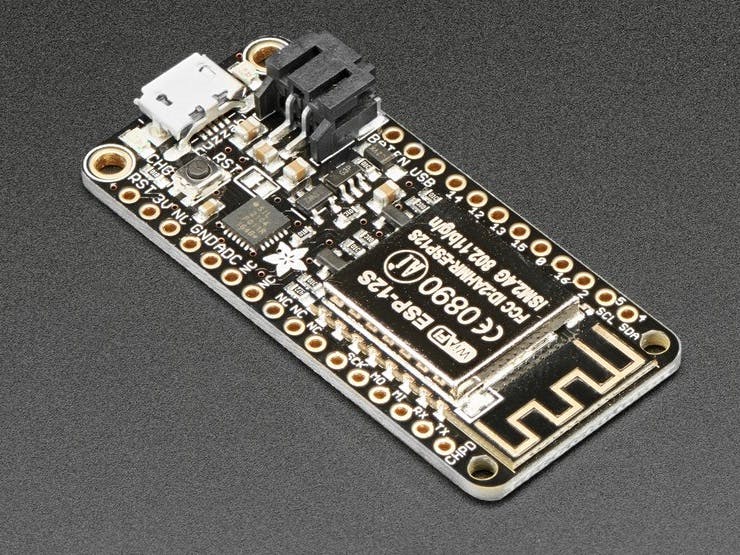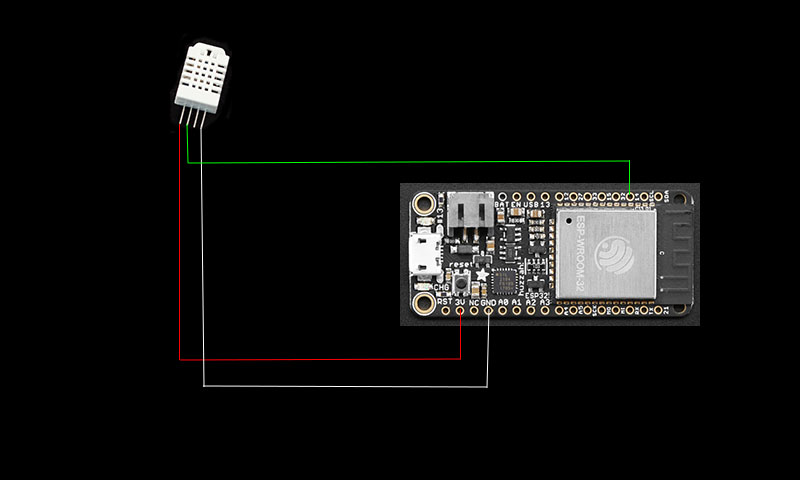This project was to create a low cost temperature data acquisition device and record data to an external site. Several different type of sensors have been tested for this project. The DHT22/AM2302 was chosen. This sensor has a humidity accuracy of +/- 2% RH and a temperature accuracy of +/- 0.5 celsius.
The Adafruit Huzzah ESP8266 was chosen for its ability to accept both external battery and DC power. The ESP8266 was programed to connect to an existing Wireless Network. Every minute Temperature in fahrenheit , Temperature in celsius and humidity is uploaded to ThingSpeak. ThingSpeak IoT was chosen because it has the ability to generate graphs and store data. There is a feature which allows one to extract data points to a file. This can be used for analysis.
You will need to add your Wireless SID and passcode. Once you have created your channel on ThingSpeak IoT you will need your channel number and API write code. You will notice the variables have XXX's for these values.









Comments
Please log in or sign up to comment.